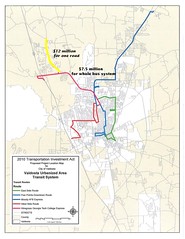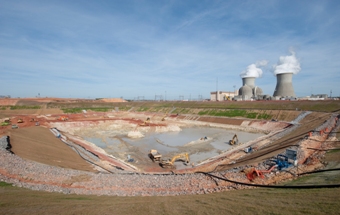Christopher Joyce wrote for NPR today, After Fukushima: A Changing Climate For Nuclear
“We don’t see Fukushima as having a significant impact on theNevermind that those extensions mostly go well beyond the design lifespans of the plants extended.U.S. industry,” says Scott Peterson, vice president of the industry’s Nuclear Energy Institute. “The Nuclear Regulatory Commission was renewing 10 licenses for U.S. plants, extending them 20 years in operation. We were continuing to move forward in examining new reactor designs.”
Marc Chupka, who advises electric utilities as an economist with the Brattle Group in Washington, wonders who’s going to pay for them.So we could do what Germany is doing:“Right now, just the plain economics of nuclear power are underwater,” he says. He notes that over the past decade, construction costs have skyrocketed and natural gas got more plentiful and cheaper.
“Things change significantly over relatively short periods of time,” Chupka says, noting that it takes about a dozen years to plan and build a new nuclear plant. “That makes it an incredibly challenging environment to plan for the long term. And that adds to the risk and it makes investors understandably skittish.”
Germany says the same: The government will throw its weight and wealth into solar and wind energy to replace nuclear power.Or we could listen to the same old excuse: Continue reading

